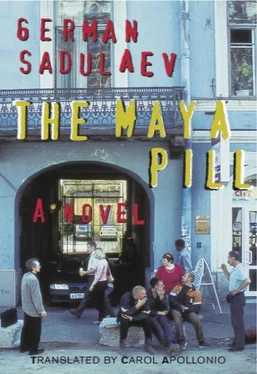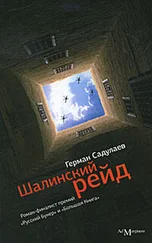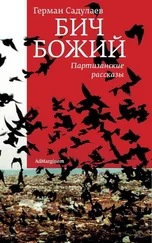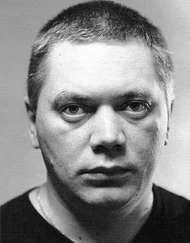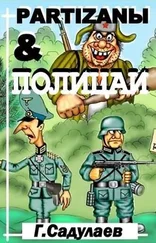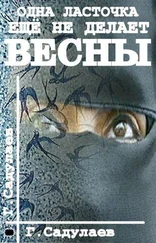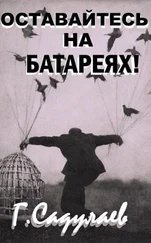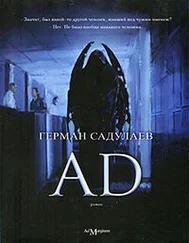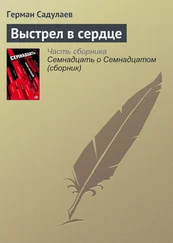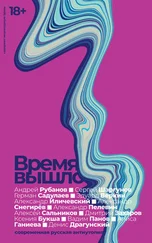“Theoretically speaking, there is another answer to these basic questions: that the world is unreal, and that only our conceptions about it are real. According to that scheme, there are no potatoes, only hallucinogenic pills. But the adherents to this way of thinking were physically annihilated long before this particular dispute began. They were given the opportunity to drink a lethal dose of an elixir made from poisonous mushrooms, after having been told that it was divine nectar. They agreed, and everyone present witnessed a quintessentially physical spectacle: philosophers turning blue and dying in horrible torment.”
“What about the third school?”
“What ‘third school’?”
“You said that there were three philosophical schools participating in the dispute. You set forth the positions of two schools, then mentioned another one that did not take part in the dispute. What did the philosophers of this third school have to say?”
“Oh, them… Well, they said that all of that was of course very interesting. And that under different circumstances they would have participated in those debates with the greatest of pleasure. But when a house is burning is not the time to go through all of its architectural specifications—it’s the time to take foot in hand, so to speak, reason in heart, make a break for it, and start living.”
“What do you mean?”
“Dance and sing. And pray to God to release us from our entrapment in physical matter.”
“So then what? How did it end?”
“It didn’t, really. Like all disputes. Both the main schools, and the other group, the ones who were poisoned before they had a chance to participate, are taught in university courses on the history of Indian philosophy. While the third group, to this day…”
“What?”
“They sing and dance.”
“Why did you tell me all of this?”
“That’s funny. I knew why until you asked. Lina is right, today really is Stupid Questions Day.”
Maximus lit up another cigarette—his fourth. It made the inside of his mouth taste bitter, and he tossed it away after a couple of puffs.
The inner author continued:
“I would put it this way: The material world is real. And our conceptions of the world are also real. But the world is made in China, and our conceptions of the world are made in Holland.”
“But why?”
“What do you mean, why? To crank up the profit margin!”
“But why does the world made in China have any need for conceptions about it being made in Holland?”
“Because this conception of the world is made in Holland.”
The northern sun peered out from behind the shroud of clouds on the horizon and shone into a little house on the outskirts of the town of Drachten, in the Netherlands. Its gentle rays slid across the cheap Swedish furniture and, observing maximum courtesy, brushed the rumpled face lying there on a green pillow. Peter Nils awoke.
“Ah, shit,” Mr. Nils cursed, not without pleasure, in English, and stretched out on the orthopedic mattress of the sleeper sofa.
By the way, it’s incorrect to call the Netherlands “Holland,” as some people do, and we’ve been doing. The provinces of Holland are just a part of the Netherlands, which also includes Friesland. Frieslanders consider themselves to be a different national group and have their own language, which is a close relative to English. Nils was a Frieslander. And he swore only in English.
Peter Nils was an export manager, responsible for deliveries to Russia by the Frozen French Fries (or FFF) company. People who know their way around frozen food call the company “Triple F.” Triple F is the industry leader for the production and sale of frozen French fries in the Netherlands. According to its own official history, the company traces its roots to the distant, glorious past, to a time even before the Norman Conquest, when pirates invaded and occupied the British Isles. A furore Normannorum libera nos Domine! [15] God save us from the fierce Normans! (Latin).
As the venerable Bede writes in his Ecclesiastical History of the English People : “IN the year of our Lord 449, Martian being made emperor with Valentinian, and the forty-sixth from Augustus, ruled the empire seven years. Then the nation of the Angles, or Saxons, being invited by the aforesaid king, arrived in Britain with three long ships, and had a place assigned them to reside in by the same king, in the eastern part of the island, that they might thus appear to be fighting for their country, whilst their real intentions were to enslave it. Accordingly they engaged with the enemy, who were come from the north to give battle, and obtained the victory; which, being known at home in their own country, as also the fertility of the country, and the cowardice of the Britons, a more considerable fleet was quickly sent over, bringing a still greater number of men, which, being added to the former, made up an invincible army. The newcomers received of the Britons a place to inhabit, upon condition that they should wage war against their enemies for the peace and security of the country, whilst the Britons agreed to furnish them with pay. Those who came over were of the three most powerful nations of Germany: Saxons, Angles, and Jutes. The two first commanders are said to have been Hengist and Horsa. Of whom Horsa, being afterwards slain in battle by the Britons, was buried in the eastern parts of Kent, where a monument, bearing his name, is still in existence. They were the sons of Victgilsus, whose father was Vecta, son of Woden; from whose stock the royal race of many provinces deduce their original.”
The founders of the Triple F Company traced their genealogy either from Hengist or from Horsa, one of them, anyway, thus their start-up capital originated in British war booty.
The Bede continues his account of the feats of the continental invaders on the isles:
“…In a short time, swarms of the aforesaid nations came over into the island, and they began to increase so much, that they became terrible to the natives themselves who had invited them. Then, having on a sudden entered into league with the Picts, whom they had by this time repelled by the force of their arms, they began to turn their weapons against their confederates. At first, they obliged them to furnish a greater quantity of provisions; and, seeking an occasion to quarrel, protested, that unless more plentiful supplies were brought them, they would break the confederacy, and ravage all the island; nor were they backward in putting their threats in execution. In short, the fire kindled by the hands of these pagans proved God’s just revenge for the crimes of the people; not unlike that which, being once lighted by the Chaldeans, consumed the walls and city of Jerusalem. For the barbarous conquerors acting here in the same manner, or rather the just Judge ordaining that they should so act, they plundered all the neighbouring cities and country, spread the conflagration from the eastern to the western sea, without any opposition, and covered almost every part of the devoted island. Public as well as private structures were overturned; the priests were everywhere slain before the altars; the prelates and the people, without any respect of persons, were destroyed with fire and sword; nor was there any to bury those who had been thus cruelly slaughtered.
WHEN the victorious army, having destroyed and dispersed the natives, had returned home to their own settlements…”
According to Triple F’s official version, it was from these victorious warriors, who returned to the continent with their rich booty, that the Frieslander family who founded the frozen potato company in the twentieth century traced their genealogy.
Читать дальше
